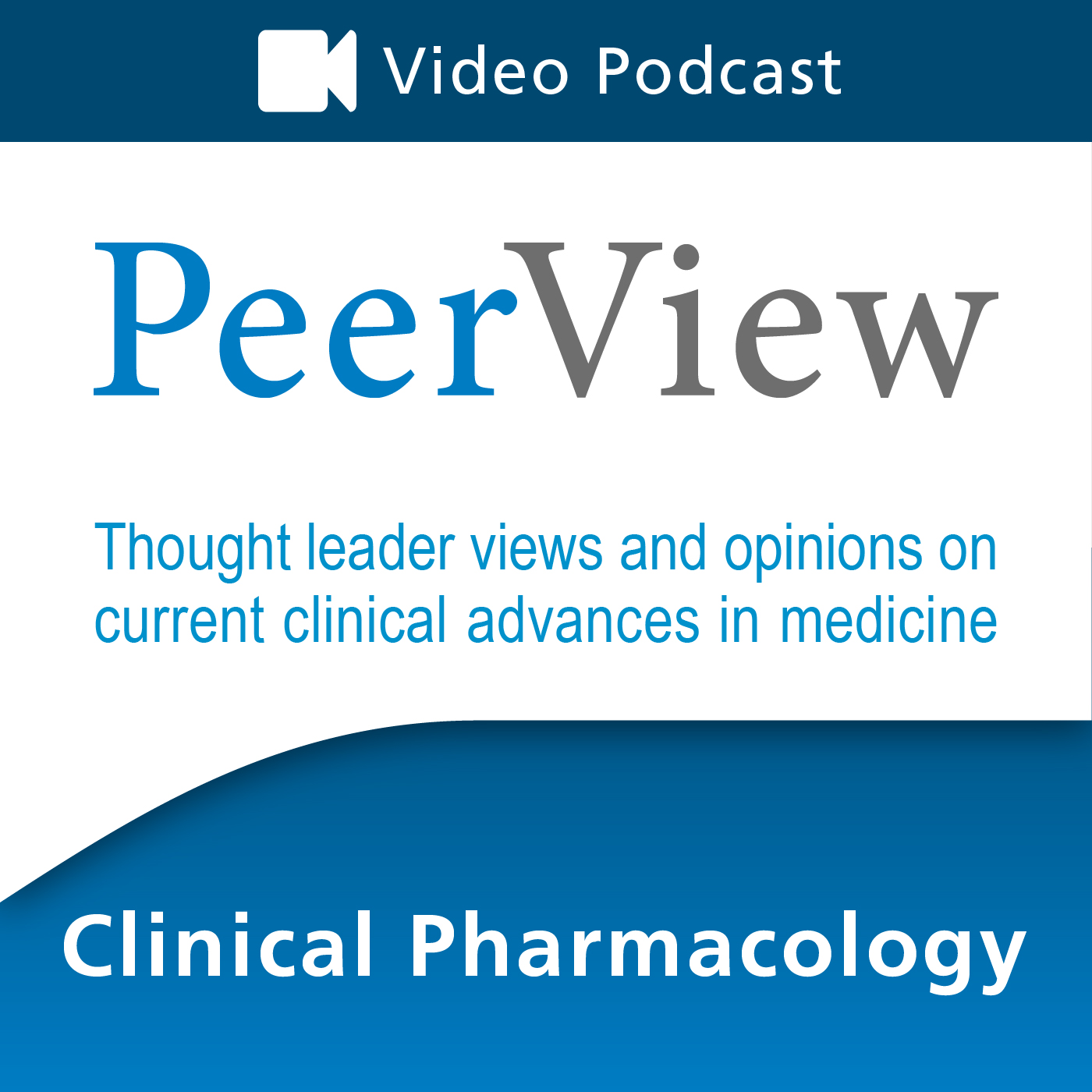- After-Shows
- Alternative
- Animals
- Animation
- Arts
- Astronomy
- Automotive
- Aviation
- Baseball
- Basketball
- Beauty
- Books
- Buddhism
- Business
- Careers
- Chemistry
- Christianity
- Climate
- Comedy
- Commentary
- Courses
- Crafts
- Cricket
- Cryptocurrency
- Culture
- Daily
- Design
- Documentary
- Drama
- Earth
- Education
- Entertainment
- Entrepreneurship
- Family
- Fantasy
- Fashion
- Fiction
- Film
- Fitness
- Food
- Football
- Games
- Garden
- Golf
- Government
- Health
- Hinduism
- History
- Hobbies
- Hockey
- Home
- How-To
- Improv
- Interviews
- Investing
- Islam
- Journals
- Judaism
- Kids
- Language
- Learning
- Leisure
- Life
- Management
- Manga
- Marketing
- Mathematics
- Medicine
- Mental
- Music
- Natural
- Nature
- News
- Non-Profit
- Nutrition
- Parenting
- Performing
- Personal
- Pets
- Philosophy
- Physics
- Places
- Politics
- Relationships
- Religion
- Reviews
- Role-Playing
- Rugby
- Running
- Science
- Self-Improvement
- Sexuality
- Soccer
- Social
- Society
- Spirituality
- Sports
- Stand-Up
- Stories
- Swimming
- TV
- Tabletop
- Technology
- Tennis
- Travel
- True Crime
- Episode-Games
- Visual
- Volleyball
- Weather
- Wilderness
- Wrestling
- Other
Bradley S. Miller, MD, PhD - Improving Outcomes in Pediatric Growth Hormone Deficiency With Effective Diagnosis and Personalized Management Strategies
Go online to PeerView.com/ZAB860 to view the activity, download slides and practice aids, and complete the post-test to earn credit. The availability of recombinant human growth hormone (rhGH) therapy has facilitated wider treatment of growth hormone deficiency. In this CME-certified MasterClass & Practicum video activity, expert faculty will review current guidelines for pediatric growth hormone deficiency diagnosis, growth hormone therapy indications, and characteristics of available and emerging growth hormone therapies. Tune in today to increase your knowledge and competence on the diagnosis and management of growth hormone deficiency with rhGH therapy, including long-acting growth hormone agents, and gain a better understanding of how to address patient needs. Upon completion of this activity, participants should be better able to: Utilize relevant diagnostic tests to provide timely diagnosis of pediatric patients suspected to have growth hormone deficiency; Compare the clinical characteristics and supporting evidence (eg, efficacy, safety and tolerability, ease of administration, dosing frequency) for various options in growth hormone therapy; and Incorporate growth hormone therapy into personalized management plans to address pediatric patient challenges such as dosage concerns, administration, adherence, and monitoring.

